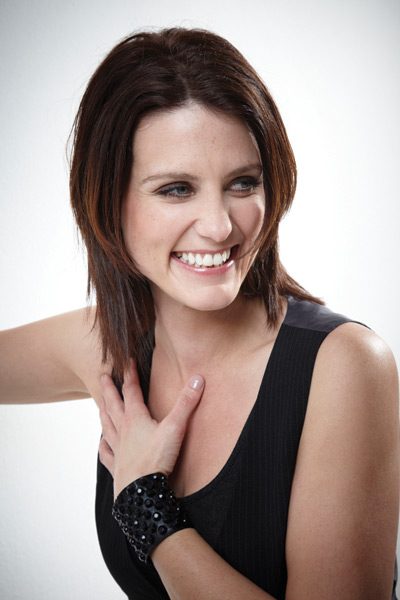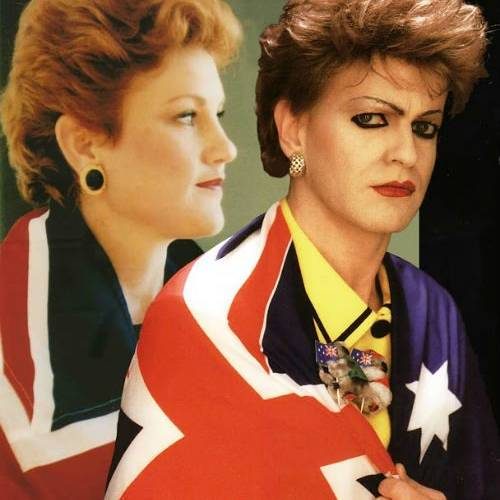
UK singer and actor Heather Peace and Dr Vicki Karaminas are amongst the speakers at this year’s Queer Thinking event.
Sydneysiders will get the chance to meet some of the most singular and controversial thought leaders, academics and artists of our time at this year’s Queer Thinking event at the Seymour Centre.
The line-up features acclaimed US author and Rockefeller fellowship recipient, Dr Ann Cvetkovich discussing a radical approach to depression; UK singer-songwriter Heather Peace asking how queer is your TV; Dr Vicki Karaminas, Associate Professor in Fashion Studies at UTS, discussing fashion and function of dress within queer communities; Queer Muslims in Australia, with special guest Sekneh Hammoud-Beckett, highlight the relationship between religiosity and sexuality of Muslim and non-Muslim youth; Collette F Keen from Monash University will present the first reading of a new theatre work exploring different perspectives of the HIV epidemic, and hot on the heels of the world-first discovery by Australian scientists of a gene which could potentially stop HIV, ACON will present their new landmark campaign, ‘Ending HIV.’
Other celebrated speakers include; Victoria University Associate Professor Tarquam Mckenna leading a panel discussion about the subtle discrimination that takes place every day in many people’s lives and The Pride History Group will launch ‘100 Voices’, an ongoing project to record and archive memories from Sydney’s LGBTI history.
While the core of the Festival will be talks, forums, discussions and debate, there will also be physical theatre performances by Chicks on Speed who will blur the lines between art, fashion and music, using technology as glue; US writer and performance artist, Justin Vivian Bond; Samoan drag artist Koko D’Vyne interacting and conversing with an on-screen image of Carmen Rupe and Sideshow Theatre Company will pay homage to the unique artistry and vision of its founders, Michael Matou and Martin Raphael, two leading lights in Australian cabaret.
CEO Michael Rolik said, “A key role of Sydney Mardi Gras is to be a flag bearer for the exchange of ideas. We invite the public to hear these radical and potentially disturbing arguments, with the aim that they will sharpen perspectives and help to define where we stand and, importantly, what we will not stand for.”
We are particularly keen to hear what Professor Karaminas has to say on lesbian style – her comments below have already piqued our interest.
Although the lesbian style is not exclusively about masculine attire, the idea that lesbians tend to dress like men has persisted through representations of them in popular culture. There has never been one sole type of lesbian style; whether local or international, underground or visible, femme or butch. The lesbian style reflects a mix of cultural forms and multiethnic styles. This talk will explore the lesbian fashion from the beginning of the 20th century with the mannish lesbians and salon dandies of Paris to the lesbian communities of Berlin, Greenwich Village and Harlem in the 1920s. It will also look at lesbian sartorial choices and lifestyles from the bar culture of the 1940s, the impact on feminism, lipstick lesbians and the emergence of the lesbian hipster.


